BIRRIFICIO ALTAVIA
“Our business was set up in 2015, while production began in the summer of 2016. Now, in 2019, I can safely say that the message we sought to convey by opening Altavia is being carried across – says Giorgio Masio, who won the first prize at the first Fondazione Garrone ReStartApp in 2014 – Yet, we do know we still need to do a lot of work. In these first three years, we focused largely on production – as we should, given our aim of looking after the whole process, “from seed to glass”, and the endless number of aspects that need to be dealt with – as well as on the search for plots of land that would be available for renting. The barley fields, covering 5 hectares, are divided over 6 plots, some of which are located in the first Piedmontese municipalities, in Val Bormida, a few kilometres away from Sassello. “Like in all inland areas, here too there is a problem of extremely high land fragmentation” notes Masio, an engineer, who in Badani – the outlying hamlet where the brewery is based – used to spend his summer holidays as a child, moving here for the summer from his home in Savona. “This is where my mum was born, while my father was born in Stella (the first municipality on the drive down towards the coast). We are only half an hour away, but this is a totally different world – he says – I have chosen to come back to this land because I consider it to be much more interesting than the Ligurian coast. Altavia was the first agro-brewery to be set up in Liguria, and it is still the only one”.
Giorgio Masio was a working student, employed in an engineering design study. In 2014, he left his job and on the same day he saw the advert for the first ReStartApp course at Fondazione CIMA, where he attended his degree course. Fondazione CIMA is one of the partners of Fondazione Garrone. “I had already decided that I wanted to do something in the beer world, a passion I shared with my friends Emanuele and Marco. The course was key to developing a business approach. I started off with a different project, one that was a lot more philosophical. I wanted to open my brewery in an abandoned hamlet, closer to the sea. But there was no sewage connection there, no running water, no electricity. How could I take a fermenter there? On-Campus ReStartApp helped me turn my idea into a tangible, feasible project.
